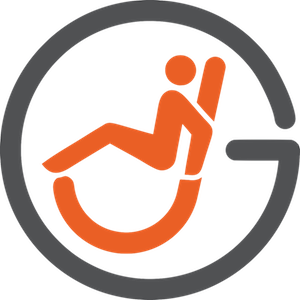When I was growing up, I was always really interested in Black history. I realized that, even when I was little, I was being given an opportunity to learn more about my background, heritage, and culture than many other minorities did in such a public setting. And, obviously, my classmates were being educated about it, too.
For example, one of my best friends (and first crushes, actually :)) in the first grade was a girl named Franchesca. She was Native American, and a lot of what they taught us about her history wasn’t all that positive. At least I didn’t think so. I mean a lot of what they talked about was westward expansion, eminent domain, and how we took their land! But a lot of what they taught us about Black history wasn’t too positive either, I guess. But the difference was that it began to be more optimistic. That’s how I felt, too. Let me explain.
With the Civil Rights movement in America, Black Americans began to be able to vote. At least outside of the American south, they were treated as whole, real human beings, instead of just “three fifths” of a person. And now, as an adult, those American voters have even chosen a Black President. There’s something to be said for that.
But as I began to grow older, my social identity as an African-American male wasn’t quite as strong. I realized that most often I gravitated more so toward kids of other races in school. Why? Honestly, it was because they, too, gravitated toward me. For all of us, there is real substance in feeling accepted. Most often the kids that would tease me, actually … were black. And they would be teasing me, or at the very least staring inquisitively at me, because of my disability. My legs were (and still are) smaller than they are supposed to be. True, I didn’t quite “speak black” and to this day, I get that quite often after speaking to someone, firs,t on the phone and then meeting them in person. Experiencing all of this was eye-opening.
Now that I’ve lived a little bit and seen a few things, I have the words and the language to be able to communicate all of these things. I don’t know why it was but I can describe how it made me feel.
And those experiences stick with me, to this day. This is why my social identity as a man that has paralysis living with him is stronger than my social identity as a man who happens to be African-American. Overall, I do feel like it was somewhat of a blessing to become paralyzed. On my best days, I feel like I was chosen to be given this unique vehicle and work with others from a perspective of teaching and learning about disability. But I don’t feel the same way about my race. I know that may press some buttons with people, but it’s simply the truth.
